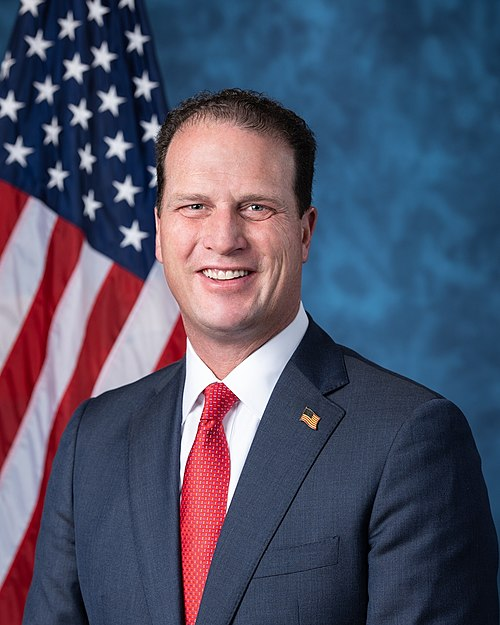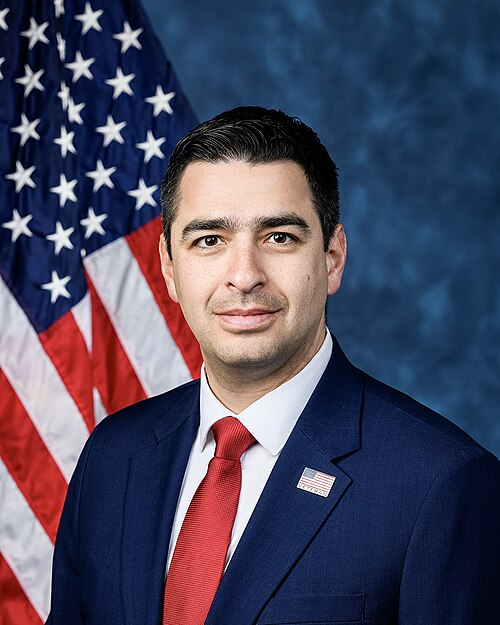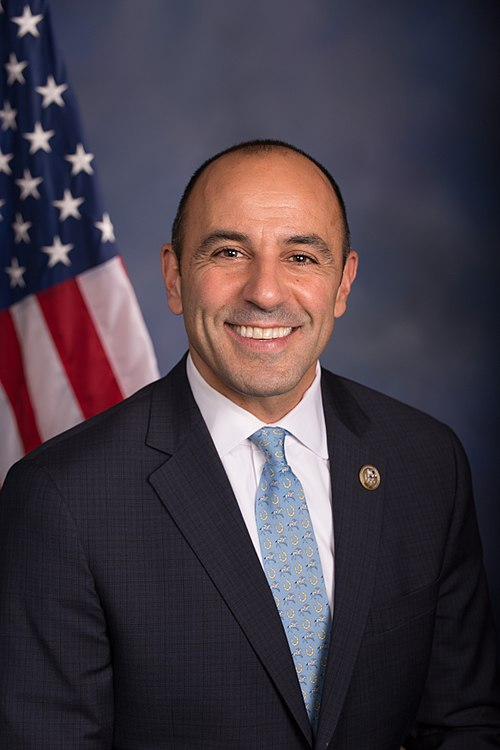H.R. 1212: Countering Online Radicalization and Terrorism Act
This bill, titled the Countering Online Radicalization and Terrorism Act, aims to address national security threats posed by terrorist organizations using foreign cloud-based mobile and desktop messaging applications. It requires the Secretary of Homeland Security to conduct annual assessments of these threats over a five-year period. Here are the main components of the bill:
Purpose and Overview
- The bill recognizes an increasing risk of terrorism facilitated through foreign messaging applications.
- It calls for the Department of Homeland Security (DHS) to take steps in partnership with intelligence agencies to assess and mitigate these risks.
Annual Assessments
The DHS must submit assessments to Congress that include:
- An analysis of how terrorist organizations use foreign messaging applications for recruitment and radicalization.
- Information on payment features in these applications that might support terrorist activities.
- Recommendations for measures to counter these threats.
The first assessment is due within 180 days of the bill's enactment and must continue annually for five years.
Coordination and Compliance
- Each assessment will be coordinated with various offices within the DHS to ensure compliance with laws protecting civil rights and privacy.
- Although primarily unclassified, the assessments may include classified annexes for sensitive information.
- A summary of the unclassified portions will be made publicly available on the DHS website.
Briefings
After each assessment, the Secretary of Homeland Security is required to brief appropriate congressional committees within 30 days, ensuring transparency and cooperation with other relevant federal agencies.
Information Sharing
The Secretary is tasked with reviewing and incorporating information about terrorism threats as gathered by state and local fusion centers. This information will be shared with these local centers to improve overall threat assessment and responses.
Definitions
The bill includes specific definitions for:
- Foreign cloud-based mobile or desktop messaging applications: Applications that are connected to foreign adversaries or terrorist organizations, including well-known platforms like Telegram and WeChat.
- Fusion center: Collaborative entities for information sharing among local, state, and federal agencies aimed at improving security.
- Terrorist organization: Entities defined explicitly under U.S. law as being engaged in or associated with terrorism.
Relevant Companies
- TTD - The Trade Desk can be impacted as it may handle advertising and promotions for messaging applications scrutinized under this bill.
- BYTE - ByteDance, the parent company of TikTok, could face heightened scrutiny concerning data security and the use of its platform for radicalization.
This is an AI-generated summary of the bill text. There may be mistakes.
Sponsors
6 bill sponsors
Actions
3 actions
| Date | Action |
|---|---|
| Feb. 11, 2025 | Introduced in House |
| Feb. 11, 2025 | Referred to the House Committee on Homeland Security. |
| Feb. 11, 2025 | Referred to the Subcommittee on Counterterrorism and Intelligence. |
Corporate Lobbying
0 companies lobbying
None found.
* Note that there can be significant delays in lobbying disclosures, and our data may be incomplete.













